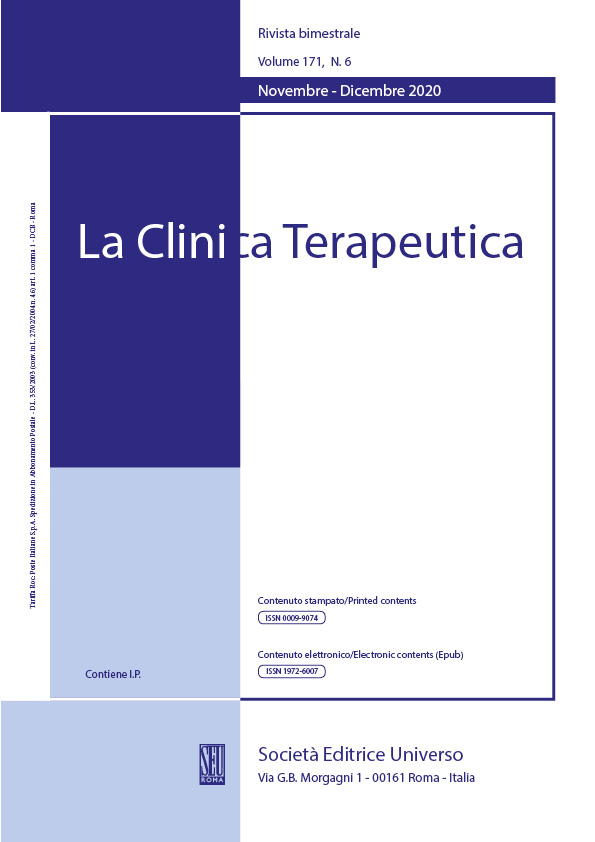Abstract
Background
Art-based education is gaining interest in the medical field, particularly in specialties with a strong visual focus. Visual arts are increasingly used for the development of observational skills and social competencies. In this report, we explore the value of art-based observational training for medical students and surgical residents in two prominent Dutch museums in Amsterdam and Rotterdam, respectively.
Methods
Our program, conducted at the Rijksmuseum in Amsterdam and Depot Boijmans van Beuningen Museum in Rotterdam engaged medical students and surgeons (in training) in an interactive workshop focused on art observation led by an experienced art-educator and a clinical professional. A post-workshop survey evaluated participants’ perceptions, with a specific focus on contribution of the program to professional development.
Results
Both residents and surgeons acknowledged that the program had a positive impact on their professional skills. Notably, medical students, comprising 85% of participants, believed in the program’s potential contribution to their professional development. Surgeons were more critical in their evaluation, emphasizing the challenge of sustainable improvement of skills within the limited duration of the course.
Conclusions
An art-based medical education program was offered to medical students, PhD students, house officers, surgical residents and surgeons in two well known Dutch museums. Participants expressed enthusiasm for the innovative educational approach they experienced at the museums. They recognized the importance of critical observation in their professional work and the opportunity to practice both observational and communication skills in a creative manner. Both surgeons as students underscored the positive value of art-based observational training for their professional development.
